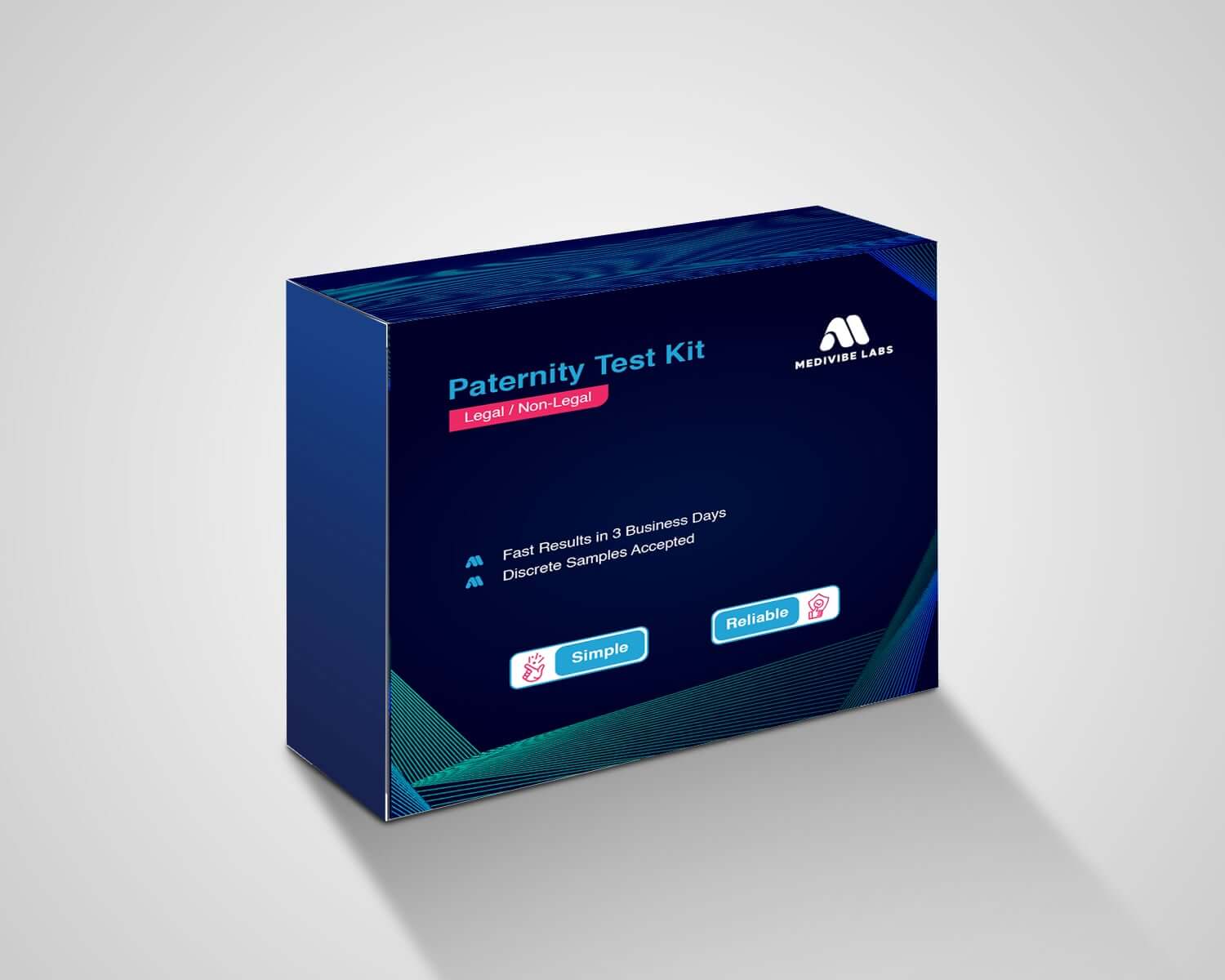Description
Process
- Sample Collection:
- Cheek Swabs: DNA samples are usually collected using a painless cheek swab. This method is non-invasive and simple.
- Participants: Typically, the child and one or both grandparents will provide samples. In some cases, the child’s parents may also be involved to improve accuracy.
- Sending Samples:
- After collection, the samples are sealed in provided containers and sent to a certified laboratory for analysis.
- DNA Analysis:
- Extraction: The lab extracts DNA from the collected samples.
- Marker Comparison: The lab compares specific genetic markers in the child’s DNA to those of the grandparents. The analysis looks for markers that would indicate a genetic relationship.
- Probability Calculation: The lab calculates the probability that the tested individuals are indeed grandparent and grandchild based on the genetic similarities.
- Results Reporting:
- Report Generation: The lab generates a report detailing the findings.
- Probability Results: The results will typically present the likelihood of a biological relationship, expressed as a percentage (e.g., 90% probability of being a biological grandparent).
- Interpretation: The report may include explanations and guidance on interpreting the results.
Considerations
- Accuracy: Grandparent tests can provide strong evidence but may not be as definitive as direct parent-child tests.
- Legal and Ethical Factors: Consider consent and the implications of the results, especially in legal contexts.
- Reputable Labs: Choose an accredited laboratory to ensure high-quality and reliable testing.
This test can be a valuable tool for individuals seeking to confirm family ties and understand their genetic heritage. If you have further questions about specific aspects, feel free to ask!
Frequently asked questions
- What is a grandparent DNA test?
A grandparent DNA test determines whether a specific individual is the biological grandparent of a child by analyzing genetic markers in DNA samples from both the child and the grandparent(s).
- Why would someone need a grandparent DNA test?
People often seek this test to confirm biological relationships for reasons like custody disputes, inheritance claims, or understanding family medical histories.
- How is the test conducted?
The test involves collecting DNA samples, usually through painless cheek swabs, from the child and one or both grandparents. These samples are then sent to a laboratory for analysis.
- How accurate is a grandparent DNA test?
The accuracy can be quite high, often providing a probability percentage (e.g., 90%) that indicates the likelihood of the grandparent-grandchild relationship. However, it may not be as definitive as direct parent-child tests.
- How long does it take to get results?
Results typically take a few days to a couple of weeks, depending on the laboratory’s processing time.
- Are there any legal implications of the test?
Yes, results can have legal implications, especially in custody or inheritance cases. It’s important to consider the potential consequences before proceeding with testing.
- Is the testing process confidential?
Reputable laboratories prioritize privacy and confidentiality. Always check the lab’s privacy policy and ensure you understand how your data will be handled.
- Can I perform the test without consent from the grandparents?
It’s generally best to obtain consent from all parties involved to avoid ethical and legal issues. Testing without consent can lead to complications.
- What happens if the test shows that the grandparent is not biologically related?
If the results indicate no biological relationship, it can confirm assumptions or lead to further exploration of family history. It’s advisable to consult a genetic counselor for guidance.
- How do I choose a reputable testing lab?
Look for accredited laboratories with good reviews, transparent processes, and clear privacy policies. Ensure they follow industry standards for DNA testing.




Reviews
There are no reviews yet.